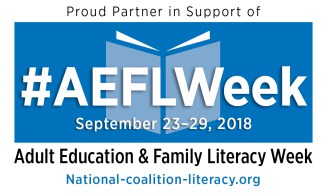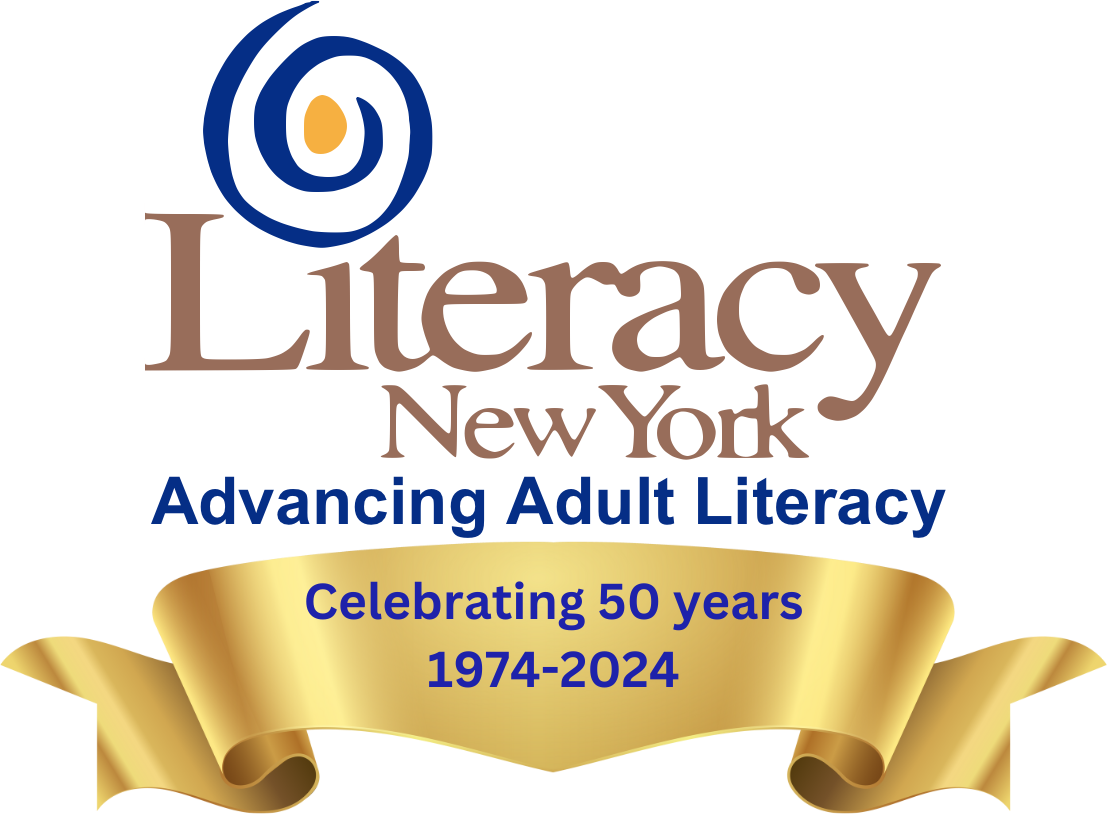Guest Blog: Why Everyone Should Care About Adult Education

In most communities, it is much like every other week of the year when it comes to adult education – away from the limelight, without resources to shine the light on why we would even have a national Adult Education and Family Literacy Week. After all, why should anyone care about the 36+ million adults in the U.S. whose academic skills are well below high school level or who have limited English proficiency? We, adult educators, of course, care because we witness the benefits to individuals, families, and communities from newly gained competencies, credentials, and self-confidence. But why should any of this matter to others? What should we, adult educators, tell them?
First, to quote President Clinton, it’s “the economy, stupid.” You can’t get a skilled workforce without more investment when 36 million adults are struggling with basic reading, writing and math, and digital literacy. In an international assessment of adults’ skills in 23 developed nations, the U.S. did very poorly (OECD, 2013). U.S. adults even trailed their international counterparts in using computer skills to solve basic problems, such as archiving emails into pre-existing folders or looking up a train schedule to a specific destination.
We know first-hand that a lack of skills and confidence can hold people back from pursuing better jobs, promotions, and job training. At the workplace education program that World Education runs with and for Seaport Hotel and World Trade Center, supervisors are committed to promoting from within, and so they prioritized a goal of getting hotel employees in our classes to participate in the in-house job shadowing program. Our teachers prepared and encouraged students to try it, helping them to build the confidence they needed to embrace this opportunity. The whole class eventually job shadowed in their department of choice, and now several are participating in a year-long mentoring program, some setting their sights on a promotion.
The Seaport program is just one small example of the positive work that adult educators, learners, and our partners are doing nationwide. Adult education programs are, in fact, ramping up their efforts to better prepare adults for their next steps in education, training, and employment. The federal Workforce Innovation and Opportunity Act and state governments that fund them require that. However, the combined federal and state funding of adult education can accommodate, at best, 3 million of the 36 million adults. That leaves 33 million adults without access to education and credentials, stuck in jobs that don’t pay a living wage, much less decent benefits.
Again, why should anyone else care? All of us care about public safety, and adult education is known to play a positive role in improving it. Nearly 40 percent of the incarcerated in the U.S. have low literacy and no high school diploma, which makes it doubly hard to gain a living legally when they are released. That’s a lot of people for a country that has the highest number of its residents behind bars of any country (one in every 100 people). The good news is that inmates who participate in education programs have an over 40% lower recidivism rate than inmates who do not. At the average annual cost of $32,000 per federal inmate per year that’s a big savings of taxpayer money.
Education also turns out to have a good return on investment in people’s health. In the U.S., limited education tends to go hand in hand with poverty and poor health. The odds of reporting poor health are four times greater for low-skilled adults than for those with the highest proficiency in reading, writing, and math. Poor health means missed days at work, chronic diseases, and often costly visits to the emergency room. Employers have every reason to care about their employees’ health and well-being, especially in this full-employment economy.
One more reason why we should all care about adult education: democracy. Voter registration and turn-out rates correlate heavily with people’s level of education. The voting rate for adults without a high school diploma is over three times lower than for those with a Bachelor’s degree or higher. With the mid-term elections coming up, we should be concerned about voter turn-out -and the overall state of our democracy.
So during this Adult Education and Family Literacy Week we at World Education want to thank all the unsung heroes, the adult educators who teach and encourage their students to keep moving forward against many odds. We adult educators also honor the dedication of our learners who juggle coming to class and studying after working long days and caring for their children…all for the dream of a better life for themselves and their families.
Written By




